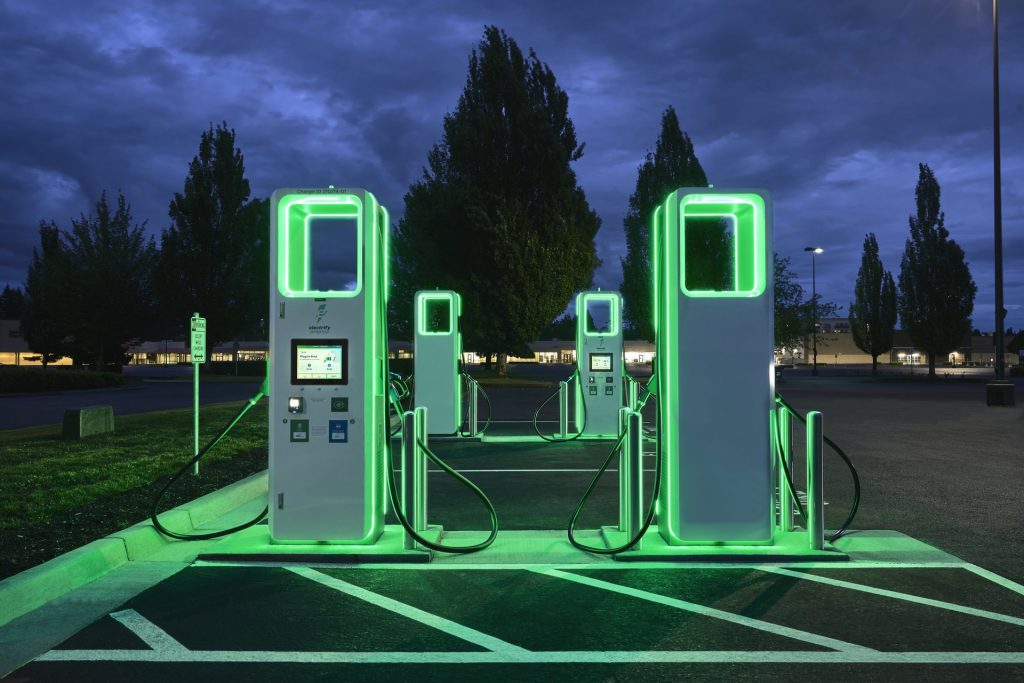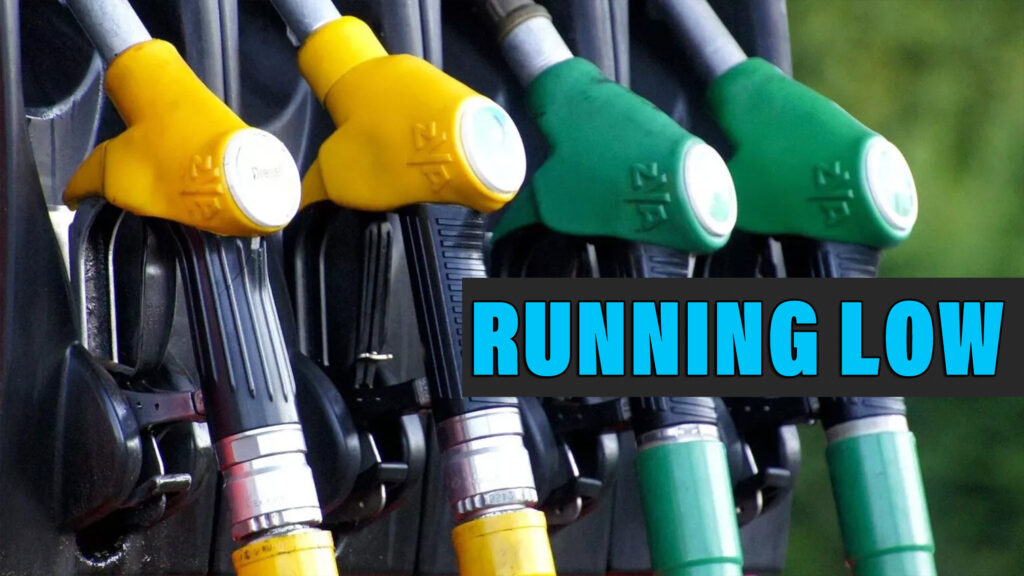Drivers across America are switching to EVs, hybrids and more fuel efficient gas-powered vehicles, and that’s a major problem for states. Because while the shift might be saving drivers money in running costs, it’s costing states a fortune in lost fuel tax revenue, and now they’re considering charging drivers by the mile to plug the gap.
Gas taxes have been a major source of revenue to fund the upkeep and building of U.S. roads for decades, but states are facing a shortfall in their finances that’s only going to get worse if nothing is done. EV sales in the U.S. have grown from 0.1 percent in 2011 to 4.6 percent in 2021, data from the U.S. Bureau of Labor Statistics shows, which might not seem like a huge change, but S&P Global Mobility expects EVs to make up 40 percent of sales by 2030.
Some U.S. states have already moved to tackle the problem, and others are sure to follow. But exactly how they’re attempting to tackle the problem varies by region. One of the schemes growing in popularity is charging drivers for every mile they drive. Oregon, Utah and Virginia all have miles-driven charges, Hawaii will soon join them, and the federal government has its own test program in the works.
Related: San Francisco Becomes First U.S. City Where Electrified Cars Make Up 50% Of Sales

To participate in the schemes, which are only optional at this stage, drivers fit a small electronic device in their vehicle that can track how many miles they travel. On the face of it this kind of system seems equally fair to gas taxes in that the drivers who do the most miles, and in doing so create the most wear to road infrastructure.
And while ecologically-minded critics might point out that the system means someone driving an incredibly fuel efficient vehicle is taxed the same as someone driving a gas-hungry V8, the V8 driver will still pay more through traditional gas taxes on top.
Alternative ways to replace shrinking gas tax revenue either being considered or already in place in some states include taxes on public EV charging and taxes on home deliveries from companies like Amazon.
Would you be happy to pay a road tax based on the number of miles you drive? If not, how do you suggest states make up the shortfall in gas tax revenue?




